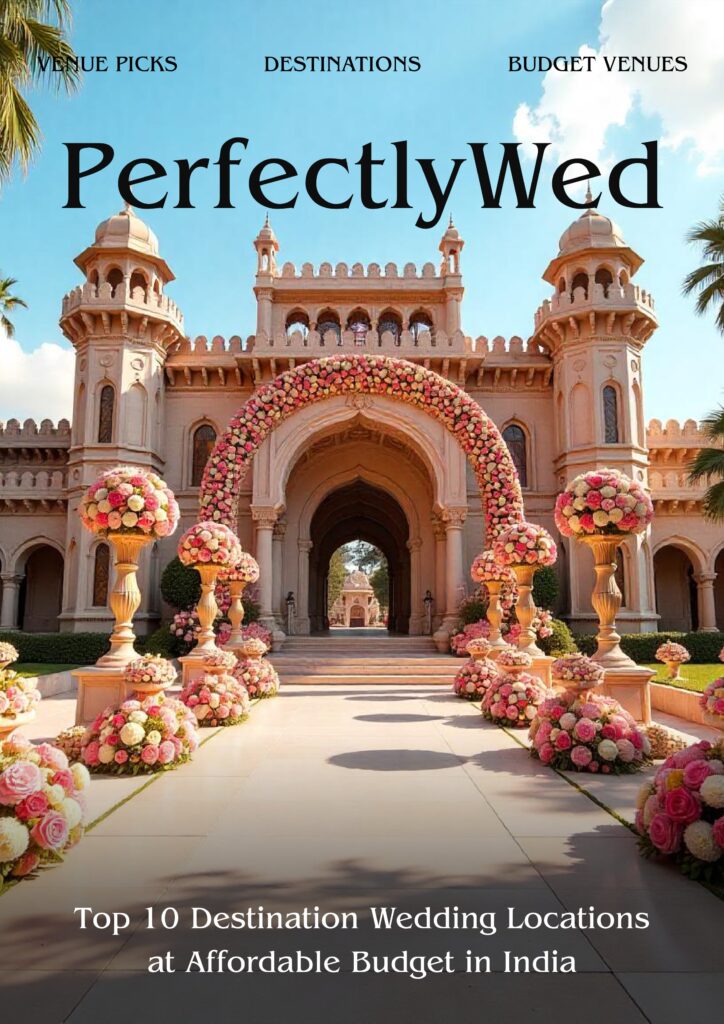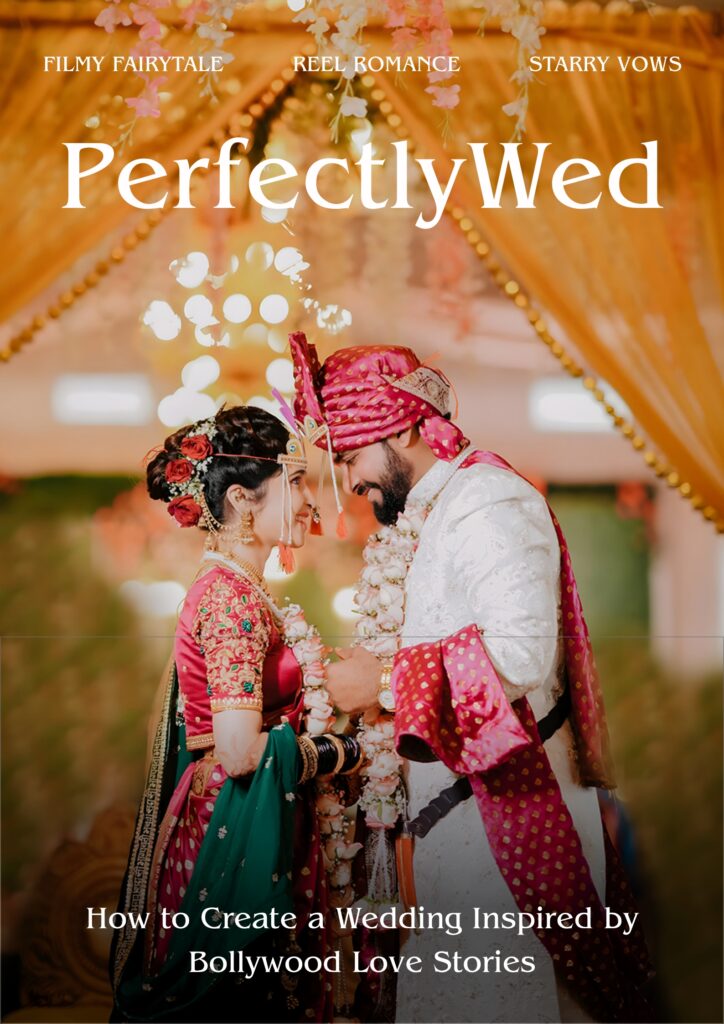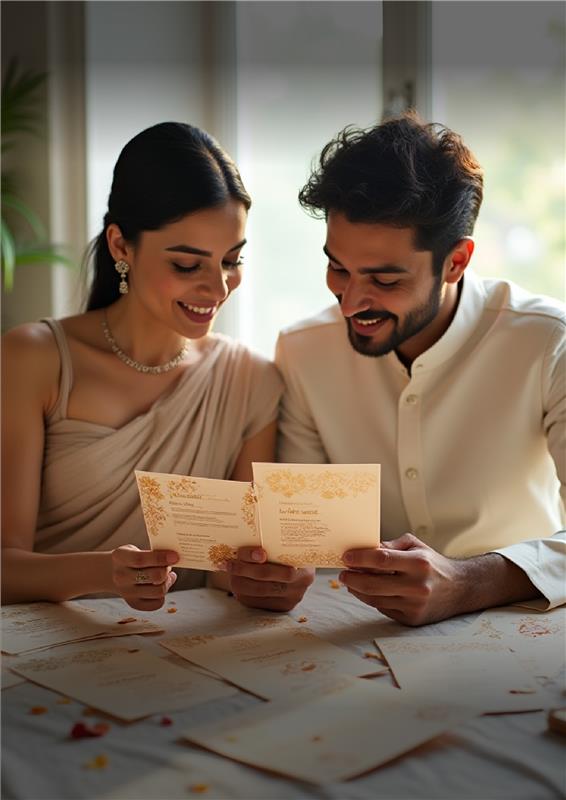

Inviting with Grace: A Modern Guide to Wedding Invitation Etiquette
Topics
Sending out wedding invitations is one of the first tangible steps in the journey toward your big day. It is the formal announcement that brings family and friends into your celebration, sets the tone for the event, and expresses your respect and gratitude for those you hold dear. In Indian weddings, where guest lists can be large and diverse, crafting invitations that reflect tradition, clarity, and warmth is essential. But with so many details to consider — from wording to addressing guests properly — invitation etiquette can sometimes feel overwhelming. This guide will walk you through the key elements to include in your digital invites and provide practical tips on addressing guests thoughtfully, ensuring your invites are both elegant and effective.
1. Clearly State The Purpose And The Hosts Of The Wedding:
Traditionally, Indian wedding invitations begin with an announcement of the auspicious occasion and the names of the hosts, usually the bride’s or groom’s parents. Whether the families are hosting jointly or separately, it’s important to make this clear so guests know who is extending the invitation. In modern times, some couples choose to send invitations themselves or jointly with their parents, which is perfectly acceptable.
2. Include The Full Names Of The Bride And Groom:
The invitation should prominently feature the full names of the bride and groom, often accompanied by their parents’ names or initials, depending on the cultural preference. Using full names adds formality and respect, and it helps guests identify whose wedding they are being invited to, especially in large joint families or communities.
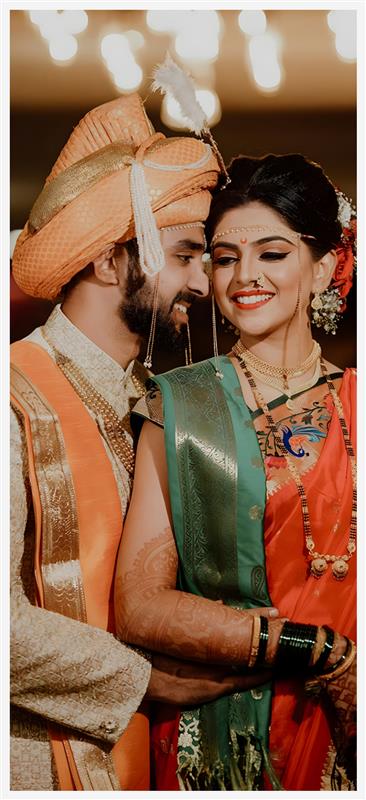
3. Mention The Date, Time, And Venue Of The Wedding Ceremonies:
Specifying the exact dates, starting times, and locations for all major events is crucial. Indian weddings often span multiple days with various rituals, so listing each ceremony clearly prevents confusion. For venues, include the full address and any landmark details to help guests navigate easily, especially those unfamiliar with the area.
4. Provide Dress Code Or Theme Details If Applicable:
If your wedding events have a dress code or specific theme—such as traditional attire, color schemes, or formal wear—mentioning this on the invitation helps guests prepare accordingly. This adds an element of cohesion and can elevate the overall ambiance of your wedding.
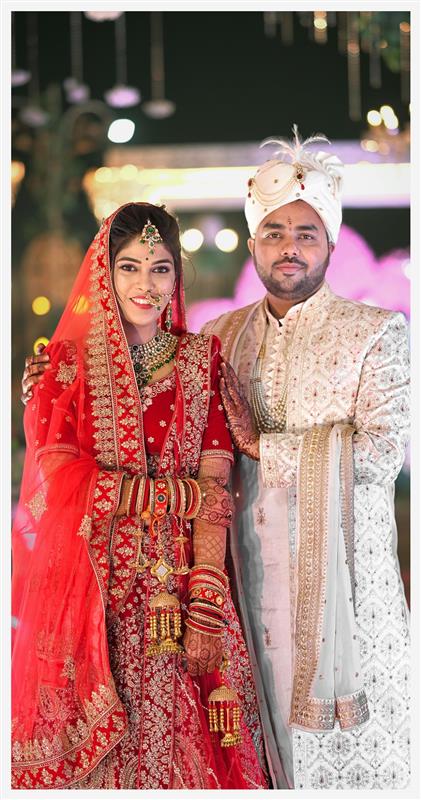
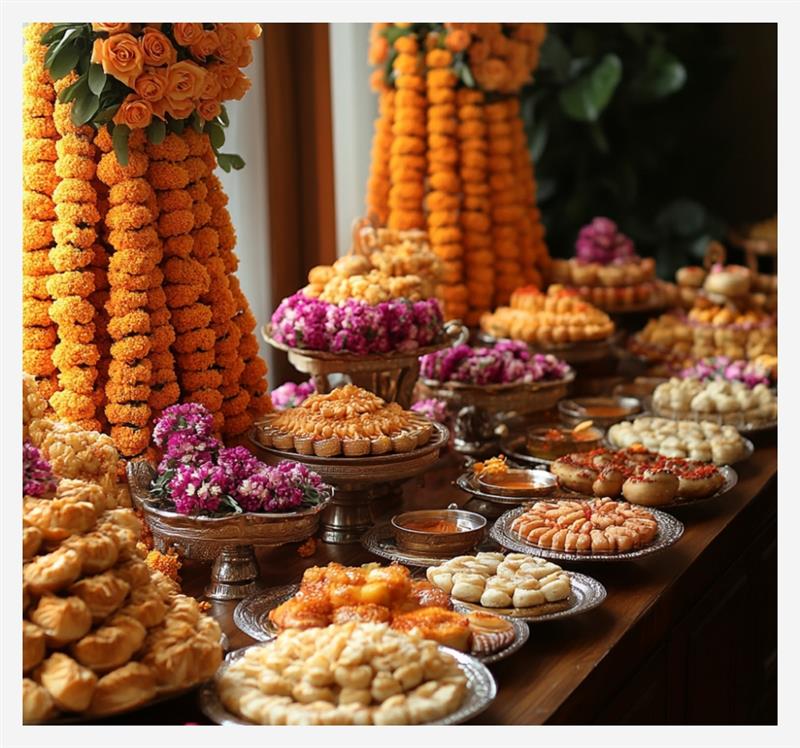
5. Include Rsvp Instructions And Deadlines:
Requesting RSVPs is essential to plan for seating, catering, and logistics. Whether you prefer responses via phone, email, a wedding website, or a card included in the invitation, make sure the instructions are clear and accompanied by a deadline. This encourages timely replies and reduces last-minute surprises.
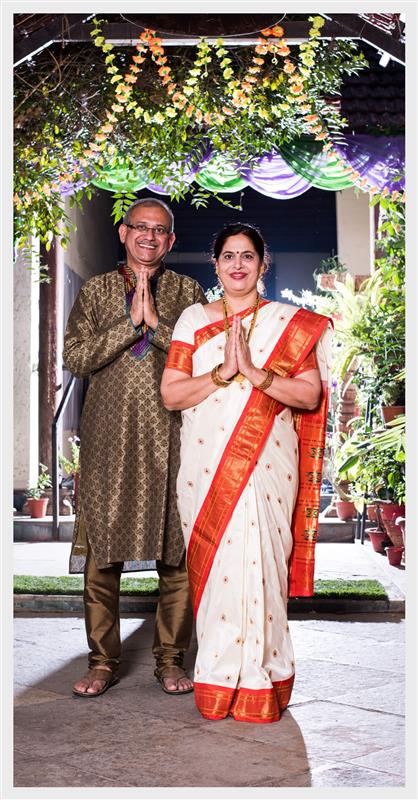
6. Add Directions Or Accommodation Information For Out-Of-Town Guests:
Many Indian weddings invite guests from far away. Including a separate card or a section with hotel recommendations, transport options, or parking instructions can be extremely helpful. Some couples also provide a link to a wedding website where such information can be updated as needed.
7. Use Respectful And Culturally Appropriate Language:
The tone and wording of your invitation should reflect the formality and traditions of your family and community. Incorporating blessings, prayers, or poetic verses in regional languages alongside English can add a heartfelt touch. Avoid overly casual language unless your wedding theme supports a relaxed vibe.
8. When Addressing Envelopes, Be Formal And Inclusive:
Properly addressing each guest or family is an art that shows respect and attention to detail. Use full names and appropriate titles such as “Mr. and Mrs.,” “Dr.,” or “Shri and Smt.” for older guests. If inviting an entire family, use “The Sharma Family” or “Mr. Rajesh Kumar and Family.” For younger guests or unmarried couples, list each individual’s name separately.
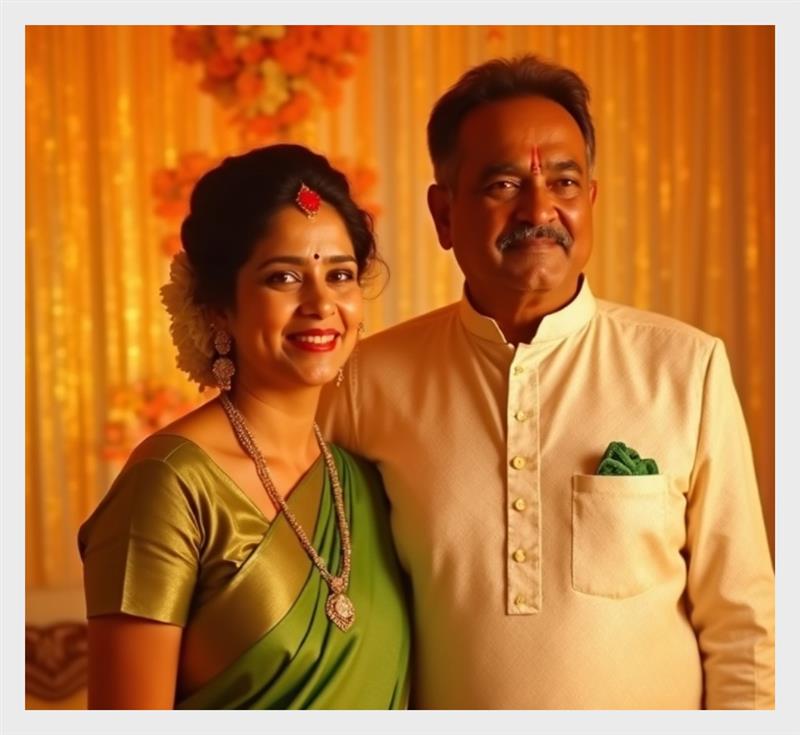
9. Consider Special Invitations For Vips Or Elders:
Certain guests such as close relatives, community elders, or family friends may merit a more personalized invitation. Hand-delivered invitations with a personal note or phone call can add warmth and convey respect beyond the printed card.
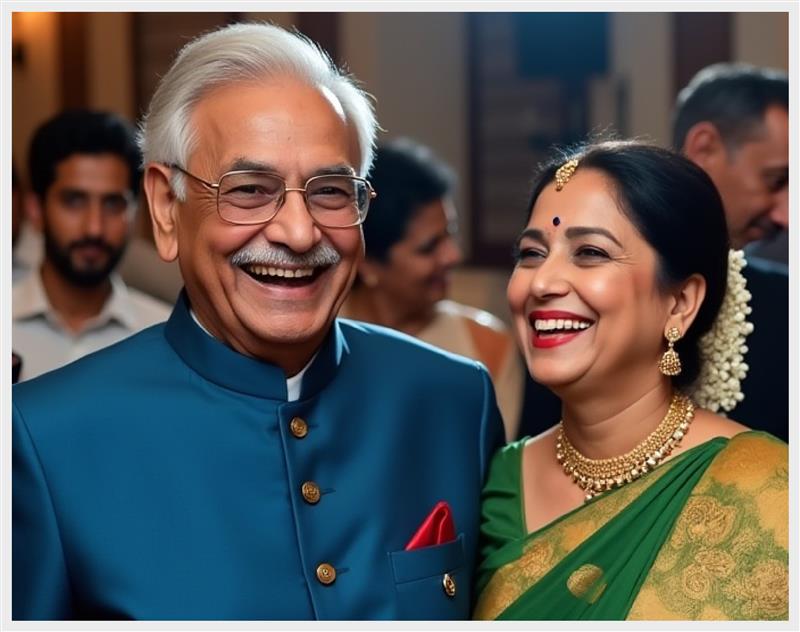
10. Send Invitations Well In Advance With Enough Time For Planning:
Given the scale of Indian weddings and the travel often involved, sending invitations 3-4 months before the wedding date is advisable. This lead time allows guests to make travel arrangements and RSVP comfortably, reducing stress for both hosts and invitees.
Planning your wedding invitations with these considerations in mind ensures your guests feel honored and well-informed. The invitation is more than just a piece of paper; it is a reflection of your values, your respect for tradition, and your excitement to celebrate with loved ones. Thoughtfully crafted invitations set a gracious and welcoming tone for the festivities to come.
Quick Guide: Wedding Invitation Etiquette
- Clearly state the occasion and hosts
- Include full names of the bride and groom
- Mention date, time, and venue for all ceremonies
- Provide dress code or theme details when applicable
- Give clear RSVP instructions and deadlines
- Include directions and accommodation info for guests
- Use respectful, culturally appropriate language
- Address envelopes formally and inclusively
- Personalize invitations for VIPs and elders
- Send invitations 3-4 months in advance for adequate planning
